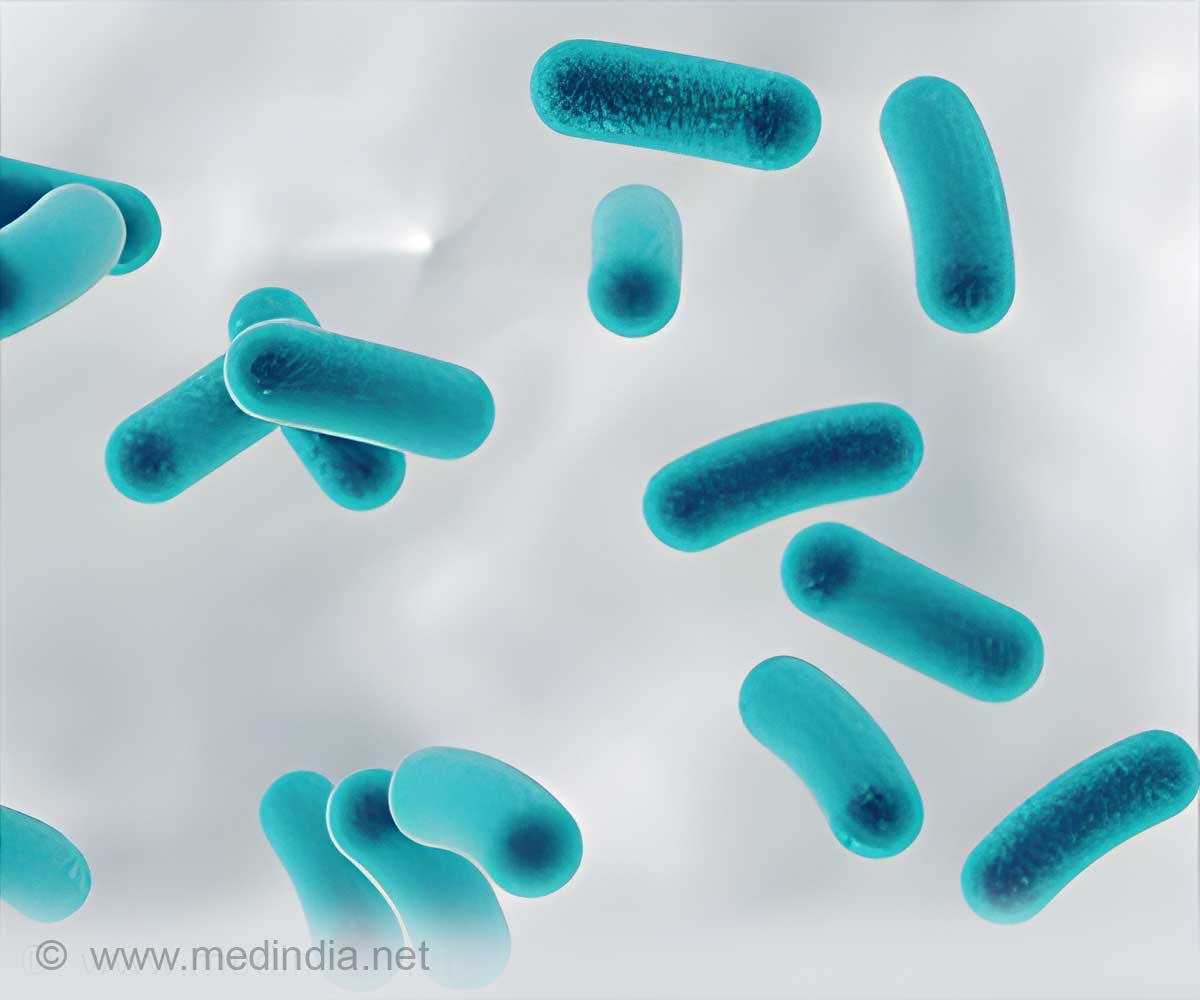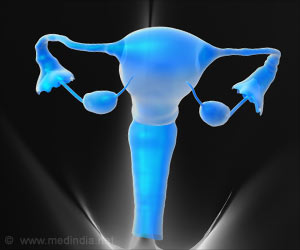
A new strain of lactic acid bacterium has been discovered that can be potentially used as a probiotic in various applications beyond the dairy industry. This research has been conducted by researchers from Agharkar Research Institute (ARI) Pune, an autonomous institute of the Department of Science and Technology (1✔ ✔Trusted Source
Unveiling the Probiotic Potential of Streptococcus thermophilus MCC0200: Insights from In Vitro Studies Corroborated with Genome Analysis
).
The researchers were eager to explore the untapped potential of Streptococcus thermophilus, which is widely known for its function as a starter culture in various dairy products, through a joint genome study.
An investigation into the genetic composition of the S. thermophilus strain MCC0200 revealed a multitude of genes linked to gastrointestinal survival, intestinal adhesion, and health-promoting capabilities, providing a clear demonstration of its probiotic capabilities.
A significant obstacle faced by probiotics is their ability to survive the harsh environment of the human digestive system. Research conducted in a laboratory setting has shown that MCC0200 not only endures the tough conditions of the gastrointestinal tract, but also shows significant resistance to gastric juices and bile acids, both of which play a critical role in the effectiveness of probiotics.
The research data published in the journal Microorganisms revealed a range of genes, within its genome, that contribute to acid tolerance and bile resistance, providing insight into the molecular mechanisms that support its survival strategy.
How Does the New Strain Shows its Influence
Researchers discovered that MCC0200, a strain that survives in the gastrointestinal tract, exhibits a high attraction to intestinal linings, thus, interacting with the host cells. This ability to stick to mucosal surfaces plays a vital role in enhancing gut health and immune response. Furthermore, they showed MCC0200’s capability to auto-aggregate and co-aggregate with pathogenic bacteria, a characteristic necessary for competitive exclusion and gut colonization.
The studies have shown that MCC0200 possesses strong antioxidant properties, which play a crucial role in maintaining gut health. By effectively neutralizing reactive oxygen species, MCC0200 has been identified as a key protector of gut redox balance, safeguarding against oxidative stress-induced damage.
Advertisement
MCC0200 has been identified as a nutrient-rich organism. Through genome analysis, researchers discovered its ability to produce important vitamins such as folate (vitamin B9).
Folate is essential for many cellular processes, and the capability of MCC0200 to produce this important nutrient could have significant impacts on human health. This discovery highlights its potential as a nutritional supplement, providing essential vitamins to individuals deficient in these vital nutrients.
Advertisement
Cholesterol-Lowering and Other Benefits of the New Strain!
Research has shown MCC0200 to be a strong ally in the fight against cholesterol. It has shown a potential to reduce serum cholesterol levels and lower the risk of heart disease, by absorbing cholesterol. Although the precise process is still being studied, the cholesterol-lowering effects of MCC0200 make it a promising ingredient for functional foods that promote heart health.
The health advantages of Streptococcus thermophilus is being reported in various studies. This makes it a promising candidate to improve gut health, offering a range of health-promoting benefits. Its distinct probiotic properties and safety profile make it an ideal candidate for use in food and pharmaceutical products. The additional research and innovation of MCC0200 could lead to significant advancements in promoting overall health and well-being for all.
Reference:
- Unveiling the Probiotic Potential of Streptococcus thermophilus MCC0200: Insights from In Vitro Studies Corroborated with Genome Analysis – (https://www.mdpi.com/2076-2607/12/2/347)
Source-Medindia



